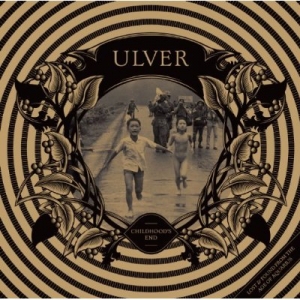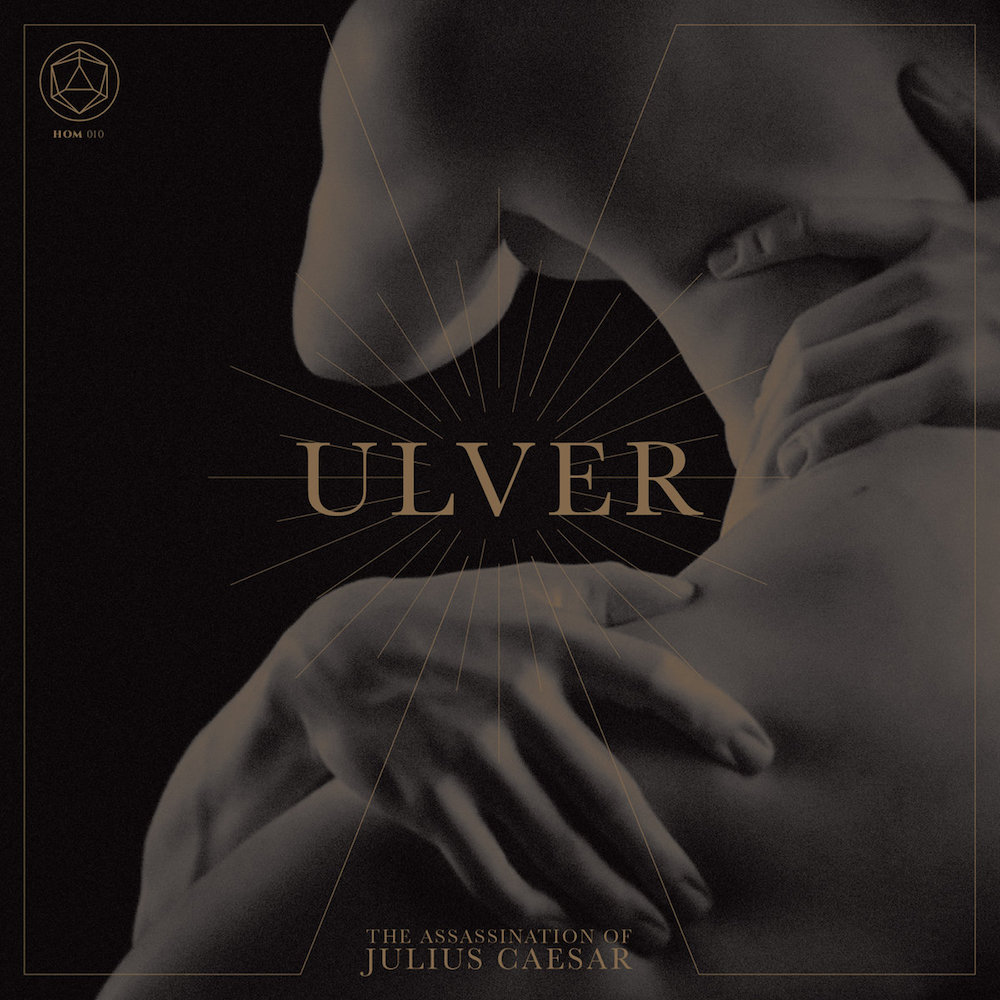Kristoffer Rygg, Ulver’s sustaining force since the band’s 1993 formation, reemerges with the group every few years, shrouded in a different guise: the armor of black metal, the formal decadence of classical-ambient, the cloak of drone. On The Assassination of Julius Caesar, the band’s 13th LP, they make the most daring identity shift yet, assuming the full veneer and flash of pop, while never abandoning their Byronic character studies.
However the band appears, they’ve always subsumed themselves with the experiment at hand. Here, Ulver blend pop songcraft driven by synthesizer and pounding drums with the darkness that ties the band’s huge catalog together. Given the forward-leaning posture of the work, and the breadth of their capability, it’s like a multidimensional Tears for Fears, and might scratch the itch of anyone left unsatisfied by the recent Depeche Mode release.
Lyrically, Rygg has a grand sense of history—or rather ahistorical insight, pulling together mythology and pop culture as one in the same. We’re dealing with Shakespearean weight through the title alone. In this world, Princess Diana commingles with Nero; Charles Manson gets a spot next to Pope John Paul II and Saint Theresa; the Church of Satan has a seat at the table with the soldiers of Dunkirk.
It’s a fascinating exercise, giving modern tragedy the weight of ancient myth, wherein the inevitability of human folly rings clear through the album-length allegory. “Tragedies repeat themselves/ a perfect circle,” Rygg chants on “Rolling Stone,” scoring a True Detective season populated by Blade Runner replicants. “I want to tell you something / about the grace of faded things,” he sings on “Southern Gothic,” giving our desperate moment in history some kind of beauty, at least in the legends not-yet told of this time.

Also Read
Ulver, ‘Childhood’s End’ (Kscope)
The Assassination of Julius Caesar is a logical refinement of last year’s rollicking ATGCLVLSSCAP, and the band’s best since the 2007 meditative master study, Shadows of the Sun. Forging modern myth and cryptic missives into something as immediate and accessible as this is no small feat. Almost 25 years on, Ulver has crafted the best entry point for their catalog–a dramatic pop saga impossible to deny.
https://bandcamp.com/EmbeddedPlayer/album=3166382661/size=large/bgcol=ffffff/linkcol=0687f5/tracklist=false/artwork=small/transparent=true/




